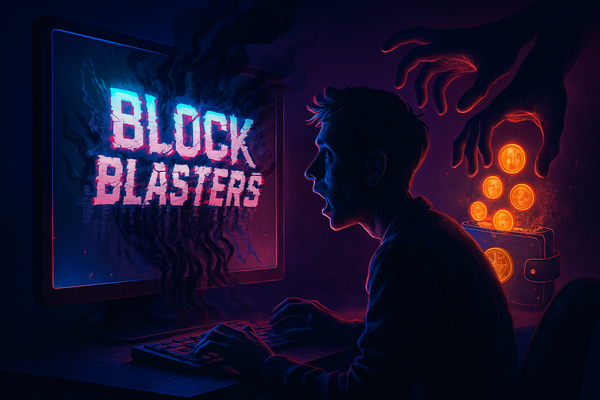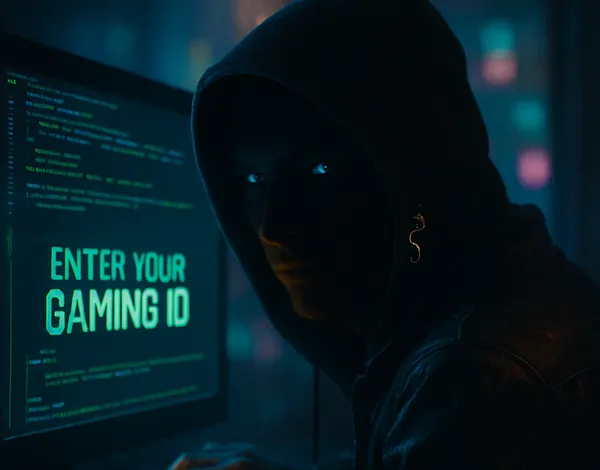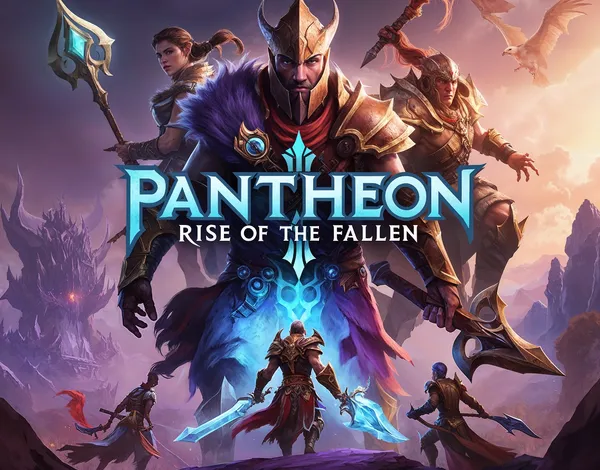Latvian streamer Raivo “Rastaland” Plavnieks was broadcasting live on September 21, 2025, when his community watched tragedy unfold in real time. A viewer in his chat persuaded him to try a free platformer on Steam called Block Blasters, which had earned hundreds of glowing reviews and appeared to be safe. Minutes after downloading and launching the game, Rastaland’s cryptocurrency wallet was drained of more than 31,000 dollars, money he had raised through a creator token to pay for stage 4 cancer treatment.
His stunned and emotional reaction was captured live, marking one of the most devastating examples of a scam cutting directly into a vulnerable player’s livelihood.
Investigators quickly traced the loss back to a malicious patch that had been pushed to the game on August 30. For nearly a month, the infected version of Block Blasters sat undetected on Steam’s storefront, siphoning cryptocurrency from unsuspecting players while disabling antivirus programs and stealing login credentials.
The malware, built on the StealC family of code, was inserted after the game’s legitimate launch on July 30.
The Stealc malware is a persistent and evolving information stealer sold as a "Malware-as-a-Service" (MaaS). First identified in January 2023, it has become a popular tool for cybercriminals due to its reliability and wide range of data stealing capabilities.
During that first month the title had seemed genuine, which helped the later update slip under the radar and gain trust from players who had already vouched for its safety.
Steam’s response came only after security researchers and crypto investigators sounded the alarm. By September 21 and 22, the game had been removed from the platform entirely, cutting off further spread.
Yet by then, reports estimated that more than 150,000 dollars had already been stolen across hundreds of wallets. Critics questioned how a malicious patch could remain live for weeks without being detected by Valve’s systems, especially given the immense harm it caused.
Part of the issue is the scale of Steam itself. With tens of thousands of titles available and countless indie developers submitting new releases or updates every month, the platform faces an enormous challenge in screening and policing every patch.
Automated systems and community reports catch some bad actors, but sophisticated malware hidden inside otherwise functional games has become increasingly difficult to detect.
Block Blasters was not the first such case in 2025, and cybersecurity analysts warn it is unlikely to be the last. Similar incidents have slipped through Steam’s defenses before, highlighting a troubling pattern that goes beyond any single game.
For players, the lesson is sobering. Even a platform as established and secure as Steam cannot guarantee complete safety, especially when malicious updates can be disguised inside games that initially appear legitimate.
Before downloading free or unknown titles, it is wise to research the developer, review security warnings from trusted sources, and remember that overwhelmingly positive ratings do not always reflect hidden risks. Gamers who handle cryptocurrency should keep wallets on separate, secure devices, use hardware storage whenever possible, and enable two-factor authentication across all accounts.
Rastaland’s story is heartbreaking, but it also serves as a reminder that the digital worlds we trust for entertainment can carry hidden dangers. The rapid spread of malware through a seemingly harmless indie game shows just how fragile online security can be, even in places long considered safe.
As the gaming community rallies around those harmed, the broader takeaway is one of vigilance. Download with care, protect your data, and never forget that trust is the very thing attackers rely on most.
A Personal Note:
As someone who has spent decades gaming and building communities around this hobby, I want to speak directly to you. Steam has given us incredible access to games of every shape and size, from massive blockbusters to the smallest indie gems. But incidents like Block Blasters remind us that not everything on the shelf is safe, no matter how polished the storefront may look.
If you see a free or low budget title, take the time to research it, look into the developer, and make sure your own digital security is solid before you dive in.
We all love finding hidden treasures in gaming, but no game is worth risking your hard earned money, your personal data, or your peace of mind. Stay cautious, stay protected, and game smart.



